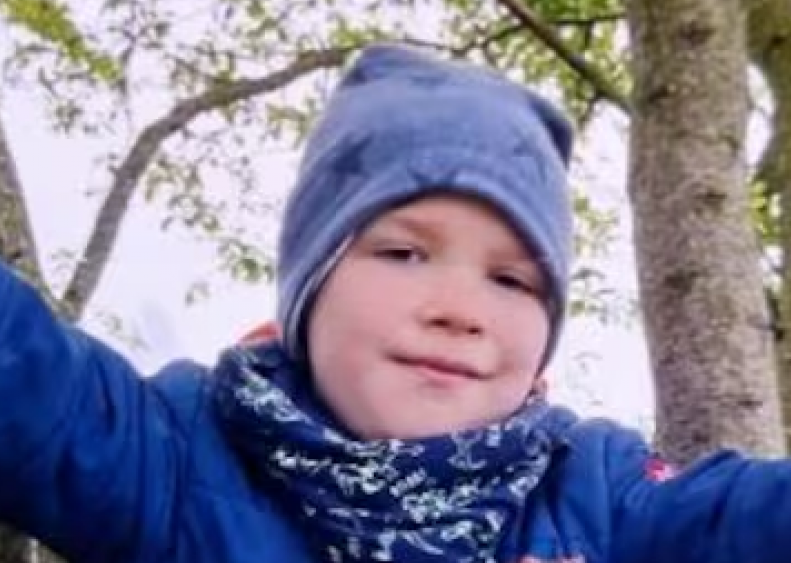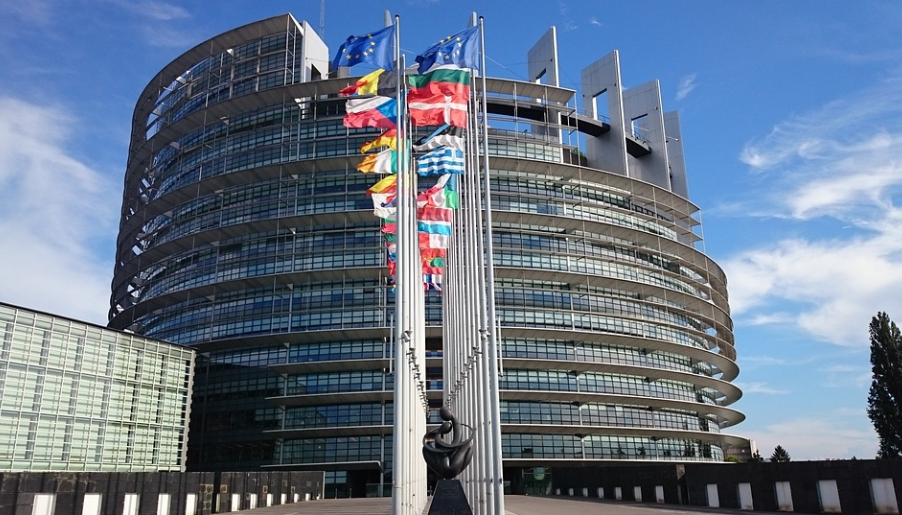[ad_1]
CHARLESTON, W. Va. (Reuters) – The U.S. Environmental Protection Agency heard testimony from coal miners, lobbyists, environmentalists and others on Tuesday at a public meeting in West Virginia on the agency’s proposal to dismantle an Obama-era plan to slash carbon emissions from power plants.
The two-day hearing in Charleston on the proposal to axe the Clean Power Plan (CPP), the centerpiece of former President Barack Obama’s strategy on climate change, is the only one scheduled so far on the rules, which President Donald Trump has said would be devastating for the coal industry.
The EPA in 2015 finalized the CPP, which sought to reduce emissions from power plants to 32 percent below 2005 levels by 2030. But the plan never took effect. The Supreme Court stalled it after energy-producing states sued the EPA, saying it had exceeded its legal reach.
Environmentalists and local citizens in favor of the CPP told the hearing it would save billions of dollars on hospital bills because it also would slash emissions from coal plants.
Stanley Sturgill, a 72-year-old retired coal miner from Kentucky who has black lung disease, urged the EPA to “stop listening to the corrupting power” of the fossil fuel industry and to start doing everything possible to protect human health and the climate.
Coal interests said that the plan would cost utilities, which would likely result in cuts in mining jobs.
Robert Murray, the CEO of private coal mining company Murray Energy who was the first party to file a lawsuit against the CPP, referred to the rules as the “no power plan.” If it is not repealed, power utilities and American consumers would face massive costs, he said.
Scott Segal, the head of the Electric Reliability Coordinating Council, said the CPP is expensive and illegal because it requires some utilities to reduce emissions “beyond the fence line” or far away from the power plants themselves.
Comments were also heard on the EPA’s October declaration to propose a new rule on carbon emissions in the “near future,” which would likely go easier on coal-fired plants than Obama’s CPP would have.
Former Obama EPA staffers complained that the agency has scheduled only one hearing on the plan to ditch the CPP.
Liz Purchia Gannon, a former spokeswoman, said EPA Administrator Scott Pruitt is “just checking a box … and making it more difficult for Americans across the country to weigh in.”
Under Obama, the EPA held 11 public listening sessions before it proposed the CPP and four hearings during its public comment period.
The EPA criticized the Obama administration for never holding a hearing in West Virginia, saying it denied coal workers a chance to comment in person. It is encouraging stakeholders to submit online comments about the proposal and any requests for additional public meetings.
The agency will receive written comments on the CPP until Jan. 16, and a spokesman added: “We will do our best to respond to requests for additional meetings.”
Reporting by Kara Van Pelt and Timothy Gardner, writing by Timothy Gardner; Editing by Dan Grebler and Susan Thomas
[ad_2]
Source link







Leave a Reply